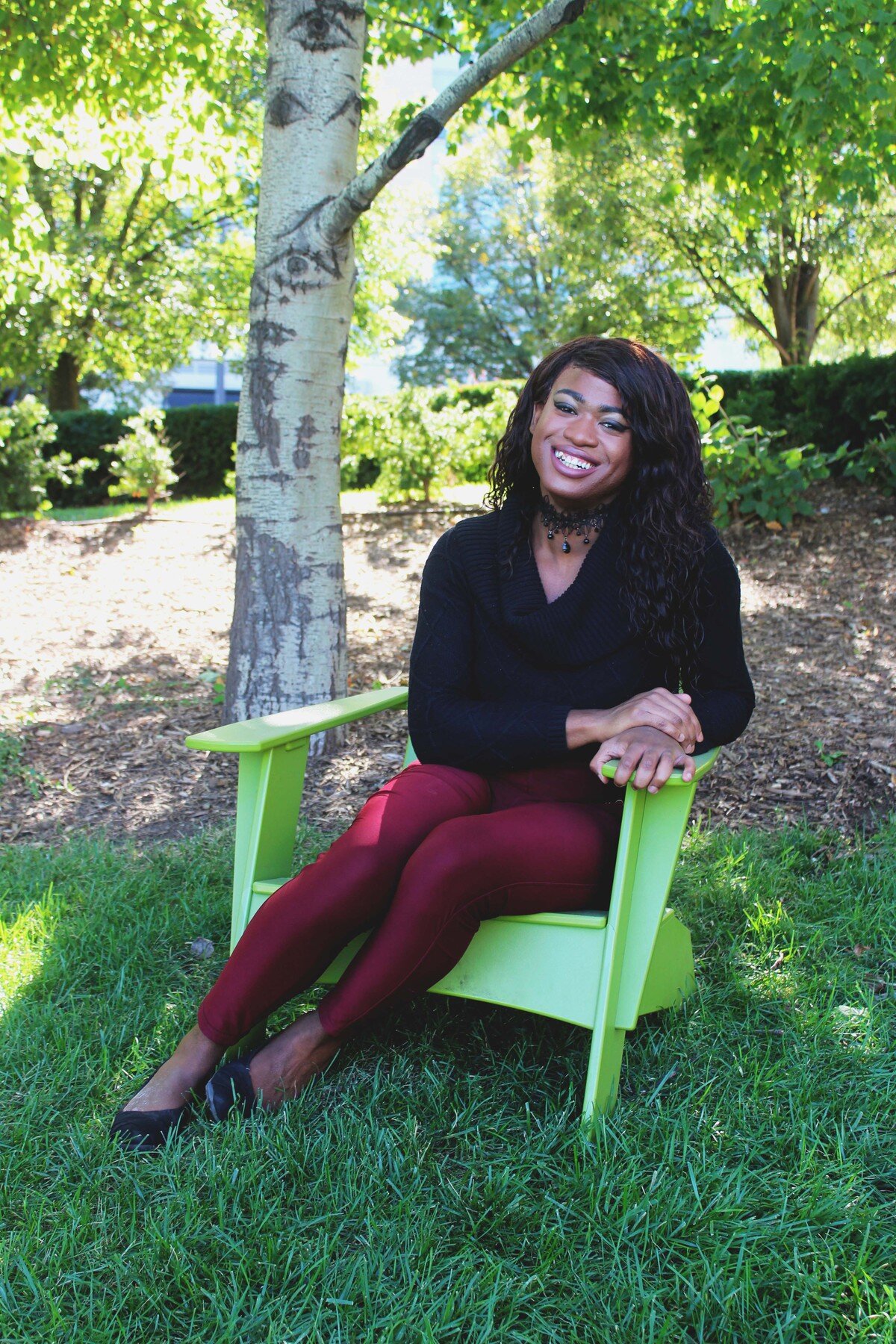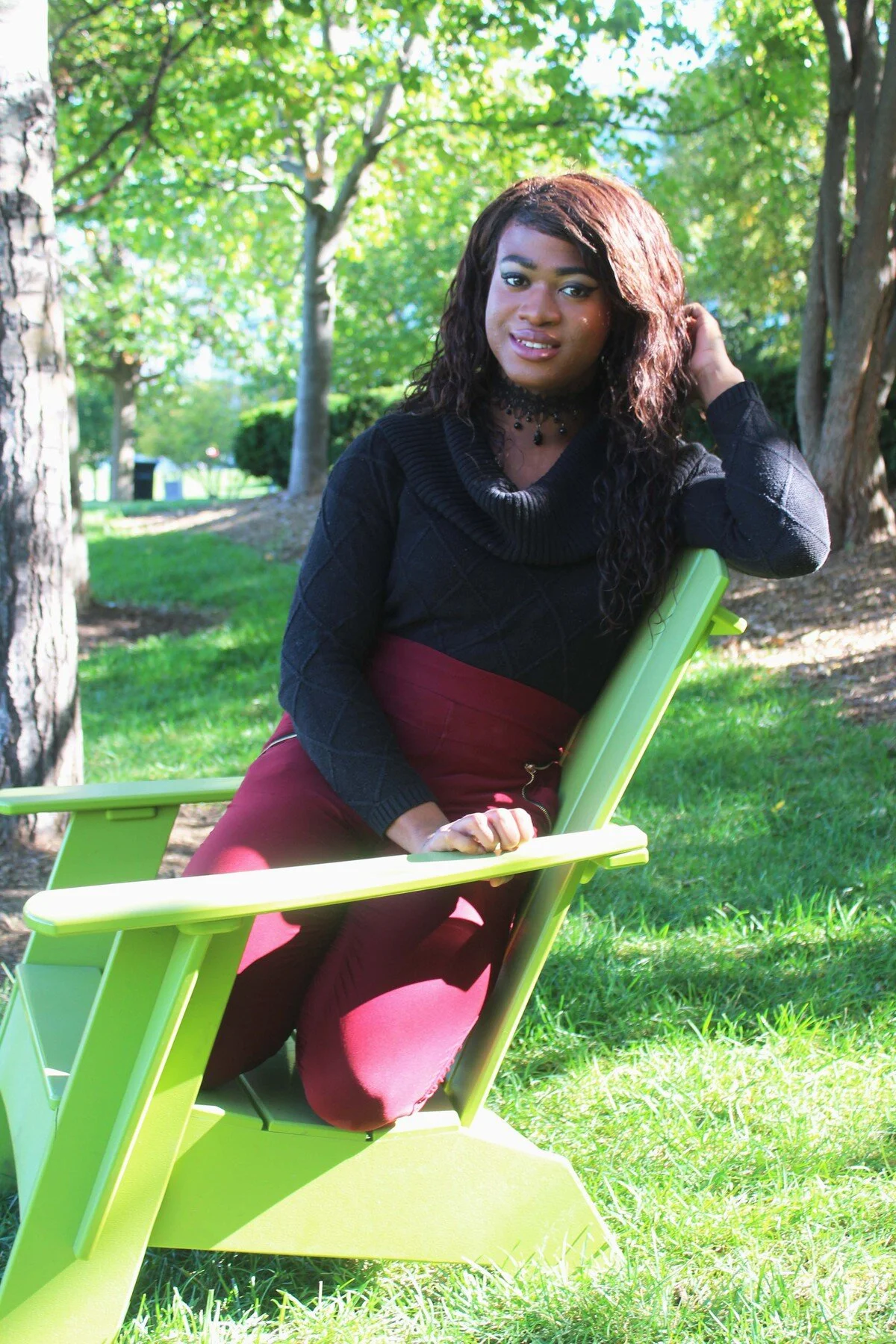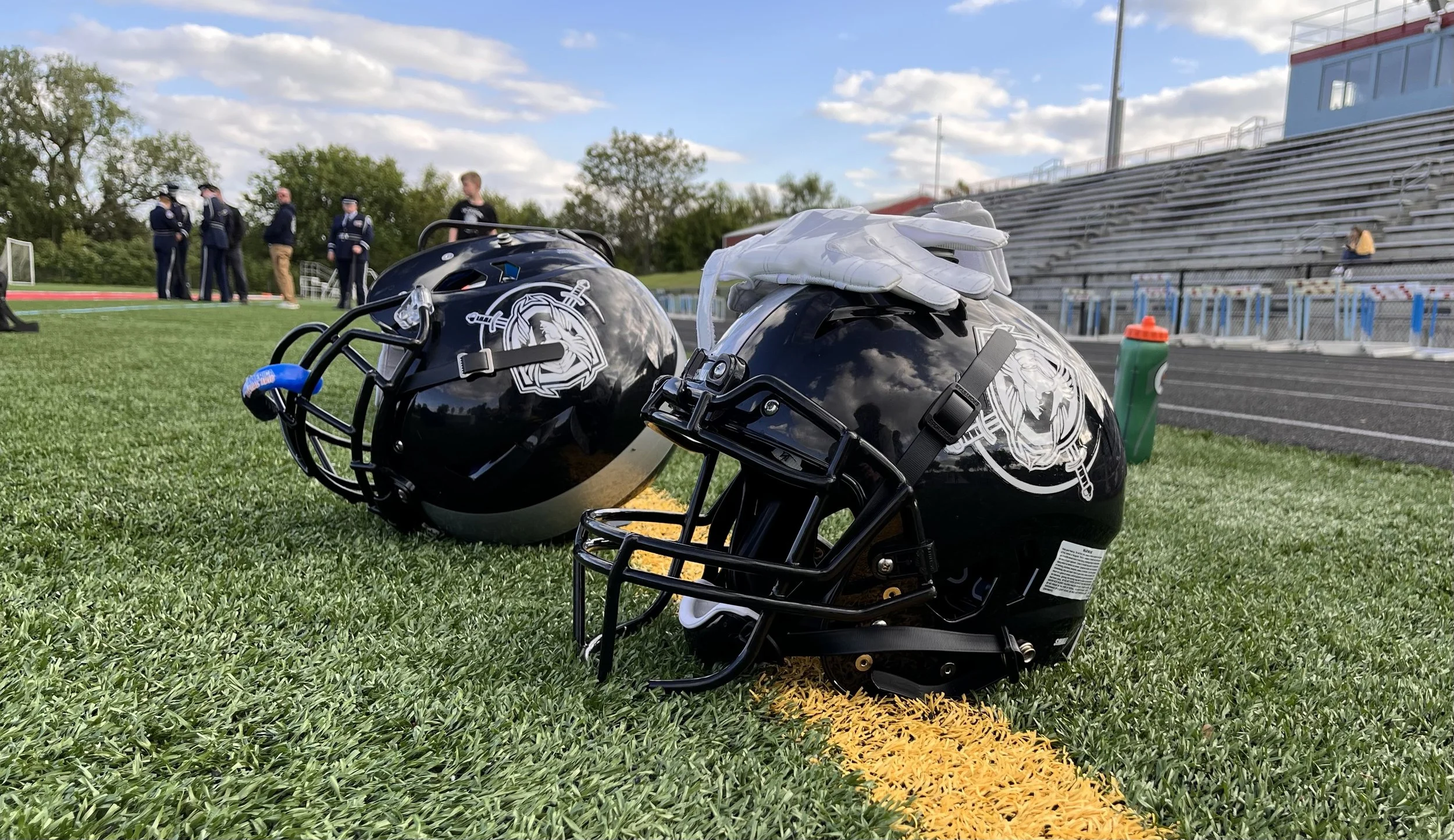Lack of Sex Education Leaves LGBTQ+ Students to Fall Through the Cracks
By Amarah Wright
This past summer (July, 2021) Nebraska Department of Education released their second and final draft of guidelines for health education in the state. The notable cuts from the original draft include nearly all references to sexual health as well as gender identity and sexual preference. In the 53 page document, the phrase “sex education” is mentioned in only one paragraph suggesting that schools could “consider including sex education” so that “students have the essential knowledge and critical skills needed to decrease sexual risk behaviors.”
Then in September, despite pushback from groups like the ACLU of Nebraska, the State Board of Education indefinitely paused any plans to change the guidelines bowing to pressure from conservative groups touting “family values.”
Nebraska’s health education has suffered a considerable loss.
These educational guidelines have already proven to have long-term unfavorable effects on select students. LGTBQ+ youth, especially those of color, already face an array of obstacles related to their gender expressions, identity, sexual orientation, and culture, much of it happening in school. And we are witnessing the backpedaling of a pledge made within an equity statement that promised to acknowledge and contribute to the betterment of our marginalized communities.
Before the September announcement to halt any reconsideration of the guidelines, students showed both bravery and vulnerability speaking in service to their personal gender and sexual truths in front of members of the State Board of Education in late August. These students shared their experiences of sex education, and emphasized the need for more, not less education on gender differences and LGBTQ sexual health. It was in the face of these students’ testimonies that the September decision to indefinitely postpone any revisions was announced.
The issue is, once again, politics take priority over our students. Our youth, supportive teachers, parents, and allies to the community all embrace a language and culture that adequately identifies and respects individuals based on their experiences. Yet, in my experience, there is still the jarring reality of being gaslit and perpetually misunderstood by those who we assume are supposed to have our best interests at heart. School has started for the year, and our kids and teens already feel enough pandemic-fueled uncertainty on a daily basis without being ostracized by educational standards that actively oppress who they are.
Before postponing said standards, The school board already stripped the equity statement of topics surrounding gender identity, sexual orientation, race, and racism from the updated draft of the
equity statement. Which briefly stated, is a mission statement that is aligned with the idea that “an effective school is an equitable school” and advocates for the betterment of every student. Before its removal, section HE.3.7.2.a was a fabulous demonstration of forwarding movement towards equity stating that as early as third grade children would be encouraged to demonstrate ways to promote dignity and respect for people of all genders, gender expressions, and gender identities, including other students, their family members, and members of the school community. This was an action in my opinion, that fell directly in line with this excerpt pulled directly from the Nebraska Department of Education Policy, and Reference Manual (2019) where they claim, “The mission of the Nebraska Department of Education (NDE) is to lead and support the preparation of all Nebraskans for learning, earning, and living”.
Additionally, the NDE acknowledges a “societal history of bias, bigotry, and racism resulting in societal disparities and inequities, and the effects of these disparities and inequities on Nebraskans today. The NDE commits to confronting this history and its negative impact by leading for educational equity.” Removing sections like HE.3.7.2, or the extremely important HE.5.7.3 that explains “gender identity and gender expression exist along a spectrum” is contradictory, because without these crucial lessons there is undoubtedly someone being left behind.
I spoke with Andrew Aleman, a clinical social worker and the deputy director of People Power & National Partnerships at Black & Pink National about the changes to the state’s health education guidelines. Because Andrew’s work revolves around dismantling power systems and creating spaces for those who lack resources and privilege, he helped create the equity statement formed in 2019. “Gender expression is what most of our youth are bullied for,” stated Aleman, former co-chair of GLSEN Omaha’s Board of Directors. GLSEN stands for Gay, Lesbian and Straight Education Network and is pronounced “glisten.” Gender expression is the outside projection of one’s inner truth surrounding their gender. Andrew’s extensive career in social work has given him necessary insight into our current educational system. He continues, “We cannot say children are being bullied because of their identities and not give context on what those identities are.”
We need to understand why our marginalized youth need us. The young people of Nebraska who lack the support, guidance, and acceptance from their communities may also lack the ability to conceptualize a truth that aligns with who they are. The misunderstanding of those like Gov. Pete Ricketts and others does not make them an imaginary social construct. Instead, it puts them at a disadvantage. When asked about the involvement of politics in our education, Aleman; Board Member for SIECUS Sex Ed for Social Change, Policy Committee Member for ALCU Nebraska, and member of the National LGBT/HIV Criminal Justice Working Group replied, “I think you can’t live in Nebraska and not know the impact that politics play in this community, and also, I don’t think politics should be playing a role.” His solution: “We should be listening to the powerful stories and experiences of our young people. Unfortunately, we continue to see politics not helping to address racial and gender discrimination and inequity. “Centering those most impacted is always the answer.”
The effects of not allowing children the opportunity to learn and understand their truths and to give in to the delusion that there is a way for them to honestly know, understand and love themselves without being given the proper language or resources is absurd. Misinformation concerning the differences between gender, sex, sexual orientation, and many other nuances within the LGBTQ+ community has lead to countless deaths and stories of abuse and oppression. The guidelines are here. The framework and the facts are available. So why is complete erasure happening?
Without the proper education, LGBTQ+ students in our state, particularly those of color, are in grave danger.
The equity and diversity section of the education.ne.gov website claims that moving forward depends on continuous improvement. This process involves all staff in an ongoing conversation of equity and diversity and a few other factors. What is missing is the input of the realities of most of our LGBTQ+ youth. Within this process, there is no mention of the people or the students themselves and what they feel is necessary for their maturation and health moving forward in life. We all know the path from grade school through adolescence and into adulthood is a journey. It is unique for us all, and during these formative years, guidance and intentional direction are crucial.
In response to those who don’t believe education supporting marginalized communities is essential, I’d like to point them in the direction of the differences between protecting our children vs. overprotecting our children. According to Berkeley Political Review, “Sheltering our children from the realities they will inevitably face in the world is exceptionally debilitating in terms of long term effects.” Things like risk aversion, extremely high dependency on parents, higher risk of psychological disorders, chronic anxiety, and the creation of dependency are only a few symptoms. The rise of mental health issues plaguing our youth is evidence enough.
The path to self-discovery is uncertain, hazy, and personal. When students need to figure out delicate circumstances independently, without uplifting guidance, they can fall into feelings of shame, unworthiness, and powerlessness.
We are stronger together, and our children need us. Choosing to turn a blind eye is blatant compliance. Remembering that we adults are their guides is a must. If we cannot show them the way and provide the resources and support to explore these parts of ourselves safely and in an ideal educational setting, then the experiences are almost inevitably gained in less safe settings. It is blasphemous to believe that anyone is capable of self-love without a process of self-discovery. Not allowing this specific type of self-discovery to those who are critically in need of it is despotism.













When Omaha natives Felicia Casher (formerly Webster) and Michelle Troxclair join forces again for the Verbal Gumbo Reunion, they will reclaim, at least for one-night, a scene they birthed and presided over. The performance will take place one night only, June 16 from 8 to 11 p.m. at the Benson Theatre located at 6054 Maple St. Tickets can be bought in advance on the Benson Theatre website. Doors open at 7 p.m.